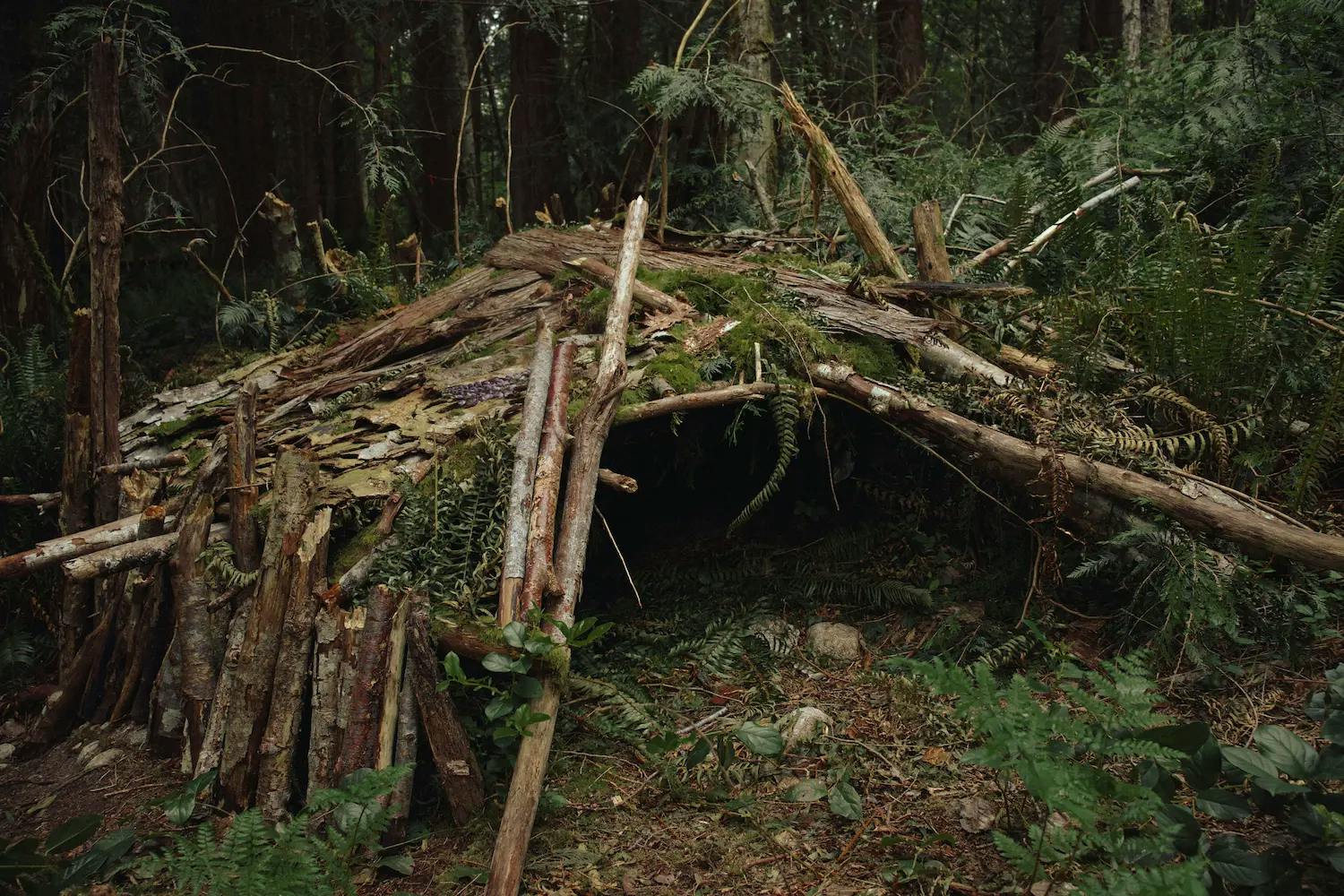Overpopulation: Earth's Growing Dilemma
- Published on
The Survival Guide: Overpopulation and Its Implications
In the realm of survival and prepping, it's crucial to address the pressing issue of overpopulation. With the world’s population rapidly approaching 8 billion, the strain on resources, the environment, and infrastructure is becoming increasingly evident. In this comprehensive guide, we'll delve into the implications of overpopulation and how it impacts survival, while also providing practical tips for prepping in an overpopulated world.
Understanding Overpopulation
The Numbers Game
The sheer magnitude of Earth's population growth is staggering. From an estimated 2.5 billion people in 1950 to nearly 8 billion today, the exponential rise presents a myriad of challenges. As the population continues to swell, demands for food, water, and energy escalate, placing immense pressure on finite resources.
Environmental Impact
Overpopulation leads to deforestation, pollution, and the depletion of natural habitats. The strain on ecosystems disrupts the delicate balance of nature, impacting biodiversity and accelerating climate change. In this context, preppers must consider the long-term environmental consequences and adapt their survival strategies accordingly.
Societal Strain
As urban areas become densely populated, the strain on infrastructure, healthcare, and social services intensifies. Competition for jobs and resources increases, potentially leading to civil unrest and societal upheaval. To navigate these turbulent waters, preppers need to equip themselves with the skills and knowledge to thrive in densely populated areas or make a strategic retreat to less crowded regions.
Prepping in an Overpopulated World
Resource Management
Securing and managing essential resources is paramount. Efficient water purification systems, sustainable food sources, and off-grid energy solutions are indispensable for navigating a crowded and resource-scarce environment. Preppers should prioritize self-sufficiency, cultivating their own food, harvesting rainwater, and investing in renewable energy alternatives.
Tip: Check out this guide to sustainable living for practical tips on reducing your environmental footprint and enhancing self-sufficiency.
Security Measures
In densely populated areas, ensuring personal and property security becomes increasingly challenging. Preppers should focus on fortifying their homes, developing community-based security networks, and acquiring the necessary skills and tools for self-defense. Additionally, establishing trust and rapport within the local community can be a valuable asset in times of crisis.
Mobility and Adaptability
In an overpopulated world, the ability to navigate various environments and swiftly adapt to changing circumstances is invaluable. Preppers should consider alternative modes of transportation, such as bicycles or compact off-road vehicles, to bypass congested roads and swiftly traverse urban landscapes. Furthermore, honing urban survival skills and understanding city dynamics is essential for thriving amidst dense populations.
Health and Hygiene
In crowding living conditions, the risk of disease transmission escalates. Prioritizing personal hygiene, acquiring basic medical skills, and maintaining a well-stocked medical kit are vital components of prepping for an overpopulated world. Furthermore, understanding common urban health risks and implementing appropriate preventive measures is essential for safeguarding well-being.
The Ethical Dimension
Sustainable Practices
Embracing sustainable practices, such as minimizing waste and prioritizing eco-friendly alternatives, is imperative in an overpopulated world. Preppers can champion sustainability by advocating for responsible resource consumption and minimizing their environmental impact. By integrating eco-conscious strategies into their prepping endeavors, individuals can contribute to mitigating the adverse effects of overpopulation.
Community Engagement
Participating in community initiatives, sharing knowledge, and fostering a spirit of cooperation within densely populated areas can amplify resilience and bolster collective survival efforts. Building relationships with like-minded individuals and actively engaging with the local community can forge networks that are invaluable during times of crisis.
The Road Ahead
Navigating the complexities of overpopulation in the context of survival and prepping demands a multifaceted approach. By understanding the implications, adopting sustainable practices, and honing relevant skills, preppers can equip themselves to thrive in densely populated environments. As overpopulation continues to shape the landscape of our world, preparation, adaptability, and a community-oriented mindset will be indispensable assets in the pursuit of resilience and survival.
In conclusion, prepping in an overpopulated world necessitates a shift in mindset and strategy. By integrating resource management, security measures, adaptability, and ethical considerations into their preparations, individuals can fortify their readiness for the challenges posed by overpopulation. In doing so, they not only enhance their own survival prospects but also contribute to the broader resilience of their communities.



